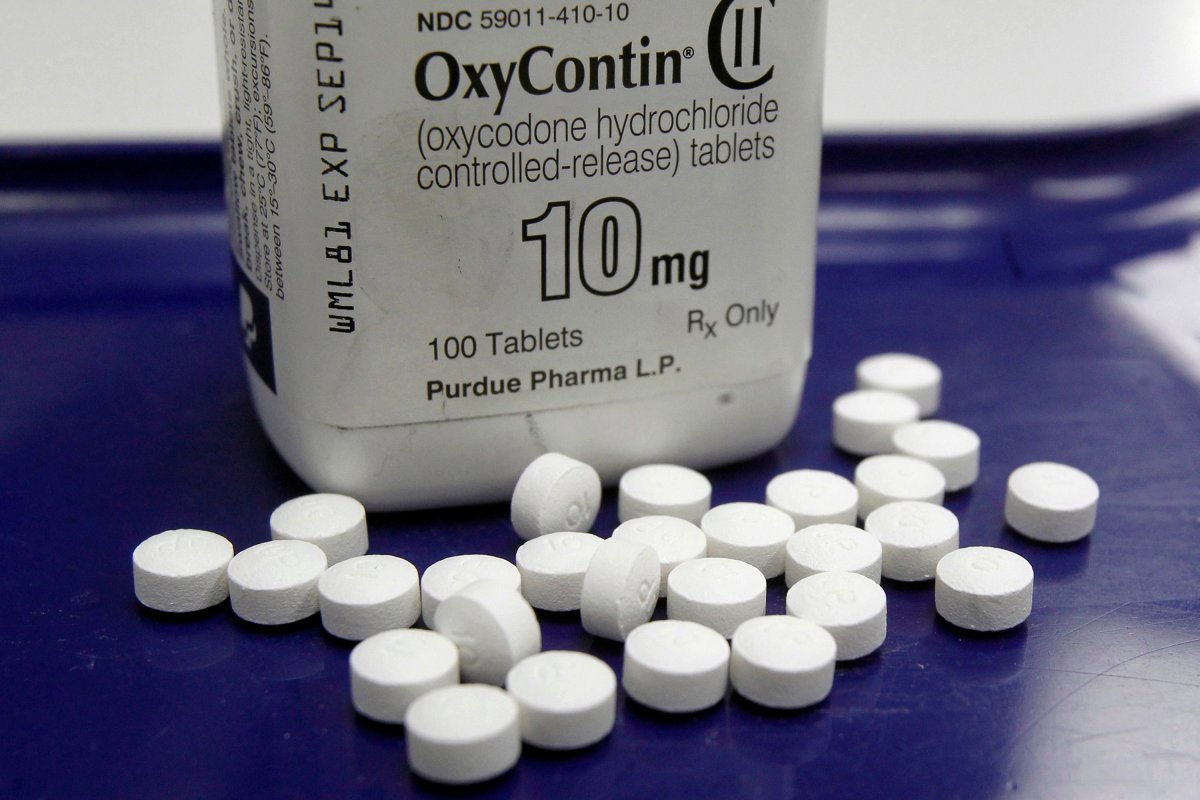Purdue Pharma LP and members of the wealthy Sackler family that own the OxyContin maker have reached a $270 million settlement to resolve a lawsuit by the state of Oklahoma accusing the company of helping fuel an opioid abuse epidemic, a person familiar with the matter said on Tuesday.

The settlement with Oklahoma Attorney General Mike Hunter is the first to result from a wave of recent lawsuits accusing Purdue of deceptively marketing painkillers. The deal came after Purdue lost a bid to delay a trial in the case, which had been set for May 28.
READ MORE: Public Health reveals 629 Ontarians died from opioid overdoses in first six months last year
Hunter’s 2017 lawsuit accused Purdue, Johnson & Johnson and Teva Pharmaceutical Industries Ltd of deceptive marketing that played down the risks of addiction associated with opioid pain drugs while overstating their benefits.
The companies deny wrongdoing. The state had been seeking more than $20 billion in damages, according to court papers. The settlement covers only Purdue, leaving claims pending against J&J and Teva, the source said.


WATCH: Opioid rates in smaller Canadian communities more than double than those of large ones

- Shoppers faces proposed class action over claims company is ‘abusive’ to pharmacists
- ‘Bacterial vampirism’: Deadly pathogens attracted to human blood, study finds
- Most Canadian youth visit dentists, but lack of insurance a barrier
- Bird flu risk to humans an ‘enormous concern,’ WHO says. Here’s what to know



Comments